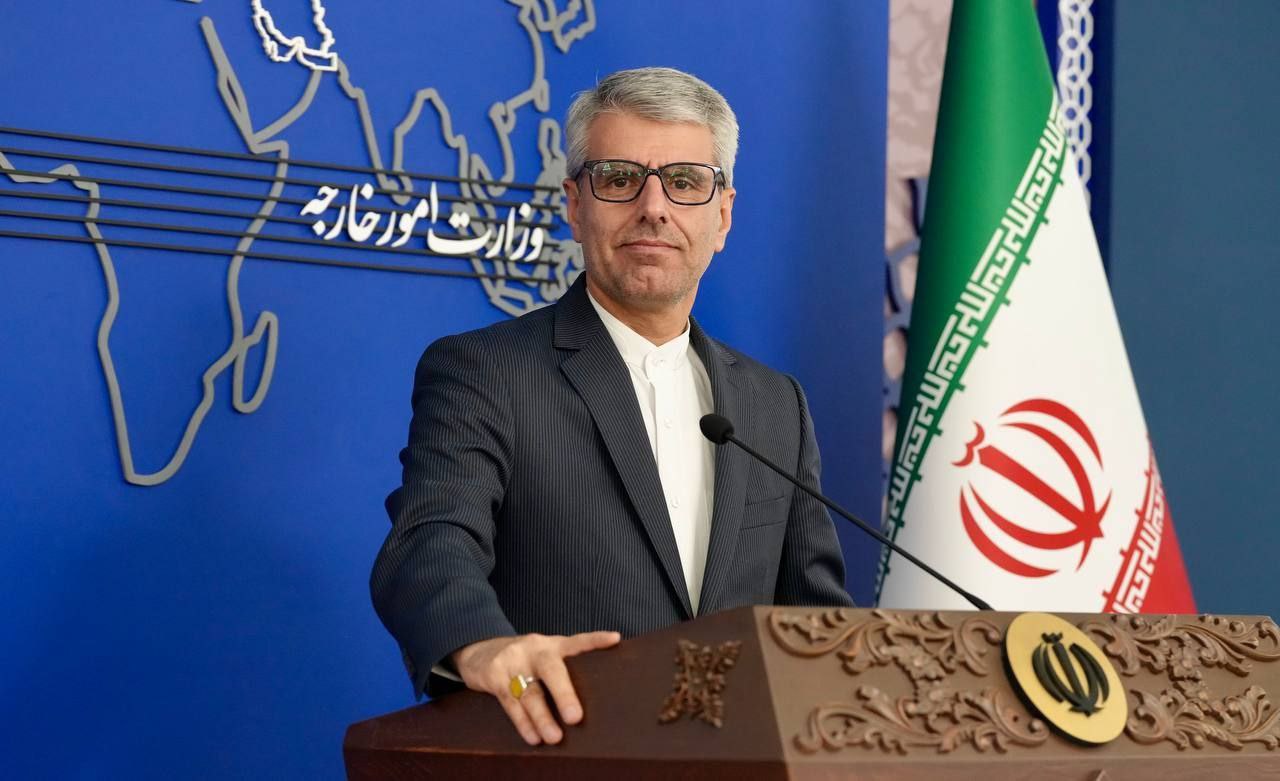BAKU, Azerbaijan, December 11. Iran has activated a large number of centrifuges under the supervision of the International Atomic Energy Agency (IAEA) and within the rights of the member states of the Nuclear Non-Proliferation Treaty (NPT), the spokesperson for Iran's Foreign Ministry Esmaeil Baghaei told local media, Trend reports.
According to him, Iran, as a responsible member of the Atomic Energy Agency, has proven its cooperation with the agency, and the agreements reached during the November 14-15 visit of the agency's director general Rafael Grossi to Tehran confirm this position.
Baghaei stated that it is regrettable that three European countries (the UK, France, and Germany) have taken steps to approve the anti-Iran resolution without heeding the achievements made during the visit of the agency's director general to Tehran, which can serve as a basis for strengthening cooperation in the future.
Referring to the meeting between the deputy foreign ministers of Iran and the three European countries in Geneva on November 29, the spokesperson for the Iranian Foreign Ministry asserted that Iran believes in constructive cooperation based on mutual respect. At the same time, it responds to any conflict within the framework of legitimate rights.
“The problem that caused the current state of the Comprehensive Joint Plan of Action is not the cessation of Iran's peaceful nuclear activities and the obligations stipulated in the agreement, but the failure of some parties to fulfill their commitments in this regard,” he said.
To note, the International Atomic Energy Agency adopted a resolution on November 21 with 19 votes in favor, 12 abstentions, and 3 against Iran. The resolution urged Tehran to cooperate with the International Atomic Energy Agency on a number of issues and also called for a credible document on uranium residues at two undeclared sites on Iranian territory.
Meanwhile, in January 2016, Iran and the P5+1 group (the US, Russia, China, the UK, France, and Germany) implemented the Comprehensive Joint Plan of Action concerning Iran’s nuclear program.
However, in May 2018, the US announced its withdrawal from the deal and reimposed sanctions on Iran.
Two years later, Iran responded to the sanctions by implementing a strategic plan for the nuclear sector to counter them. The Iranian parliament made this decision at the end of 2020, leading to the suspension of additional measures and the Additional Protocol following the nuclear agreement.
Consequently, the International Atomic Energy Agency (IAEA) faced a reduction in monitoring capabilities by 20–30 percent.
Iran has officially affirmed that its strategy is not to pursue the development of an atomic bomb and that it does not support the production of weapons of mass destruction.







